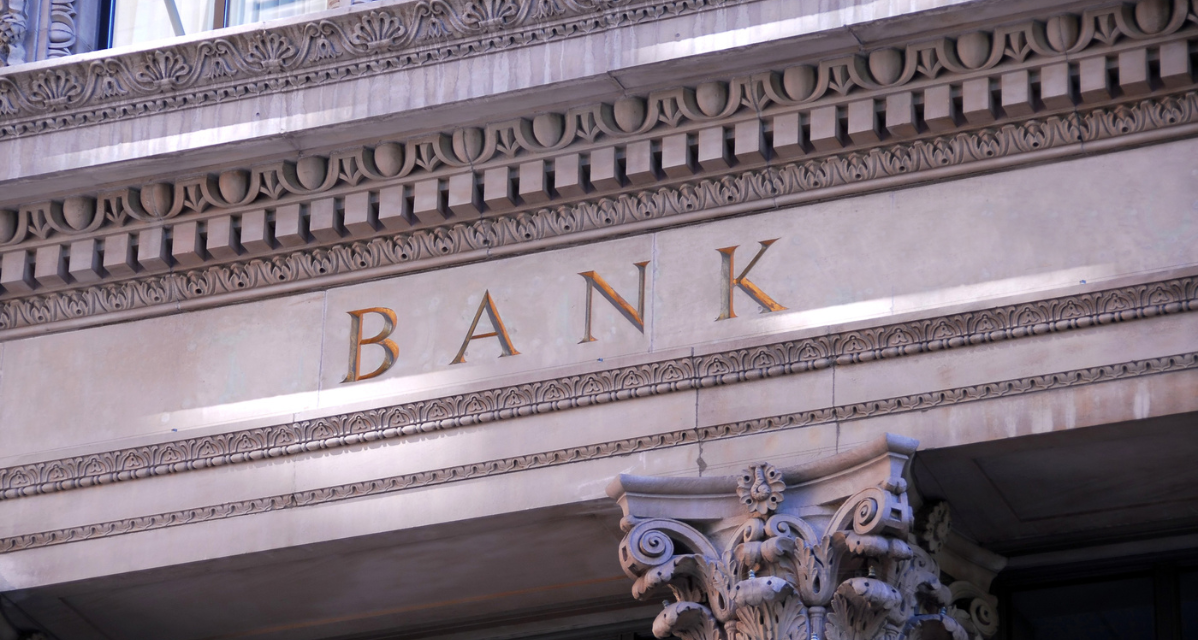Bank of Canada Surprises Markets

At the close of business last Friday, global equities were slightly lower on the week. The yield on the US 10-year note rose to 3.76%, a gain of nine basis points, while the price of a barrel of West Texas Intermediate crude oil rose $1 to $71.10. Volatility, as measured by the Cboe Volatility Index (VIX), extended its decline to 13.65.
CANADIAN ECONOMIC NEWS
Our Central Bank hiked short-term interest rates this past Wednesday to 4.75% from 4.50%. The Canadian central bank justified the hike by saying that it feared inflation may get stuck materially above its 2% target. Why did it happen? The bank was clearly looking at our annual CPI {consumer price index} which increased from 4.3% in March to 4.4% in April. In looking at the data, much of the increase was because of gasoline prices, which if taken out would have meant CPI was unchanged. Even in a tight labour market in Canada, wage growth has not taken off. We are also seeing a decline in cash and chequing accounts, which indicates consumers in Canada are feeling the pinch of higher borrowing costs. Our view, like most of the analysts we follow, is that the bank should not have raised rates and this latest jolt will probably mean inflation will fall faster than expected, meaning rates will start to come down sooner than forecast.
Canada shed 17,300 jobs in May, the first decline in nine months, while the unemployment rate rose to 5.2% from 5%. Economists had expected a gain of about 21,000. Employment in the services sector declined by 40,000 while it rose by 23,000 in the goods-producing segment, a reversal of the weak manufacturing and strong services dynamic that has played out in most developed markets in recent months.
US ECONOMIC NEWS
At Friday’s close, the S&P 500 Index rose 20% from its October lows, kicking off a bull market.
US weekly jobless claims unexpectedly jumped to 261,000 in the most recent week, the highest level since October 2021.
In a continuing regulatory crackdown, the US Securities and Exchange Commission has sued cryptocurrency exchanges Binance and Coinbase.
We understand that US banking regulators are preparing to force large banks to increase their capital buffers by as much as 20%. Such an action would reduce banks’ profitability and further tighten credit conditions.
EUROPEAN ECONOMIC NEWS
Revised GDP data showed that the euro zone’s economy fell into a technical recession over the winter, having contracted by 0.1% in the fourth quarter of 2022 and the first quarter of this year. The weak growth backdrop came as no surprise, given the severe impact on European energy markets of the war in Ukraine.
JAPAN, CHINA and EMERGING MARKETS ECONOMIC NEWS
Expectations that China will need to boost economic stimulus grew this past week after weak export and import data illustrated that demand remains subpar both domestically and internationally. Exports fell 7.5% year over year in May, a much worse performance than forecast, while imports fell 4.5% compared with a year ago. The Wall Street Journal reported that in April, China’s share of US goods imports fell to their lowest levels since 2006. Analysts fear exports could fall further as they remain elevated compared with pre-COVID levels. Expectations are building for easier monetary policy from the People’s Bank of China and policy support, such as easing regulatory burdens and increasing subsidies. China has recently allowed the yuan to weaken, boosting the competitiveness of exports and easing financial conditions.
China will pay Cuba several billion dollars to allow it to set up a spy base on its territory focused on the United States.

